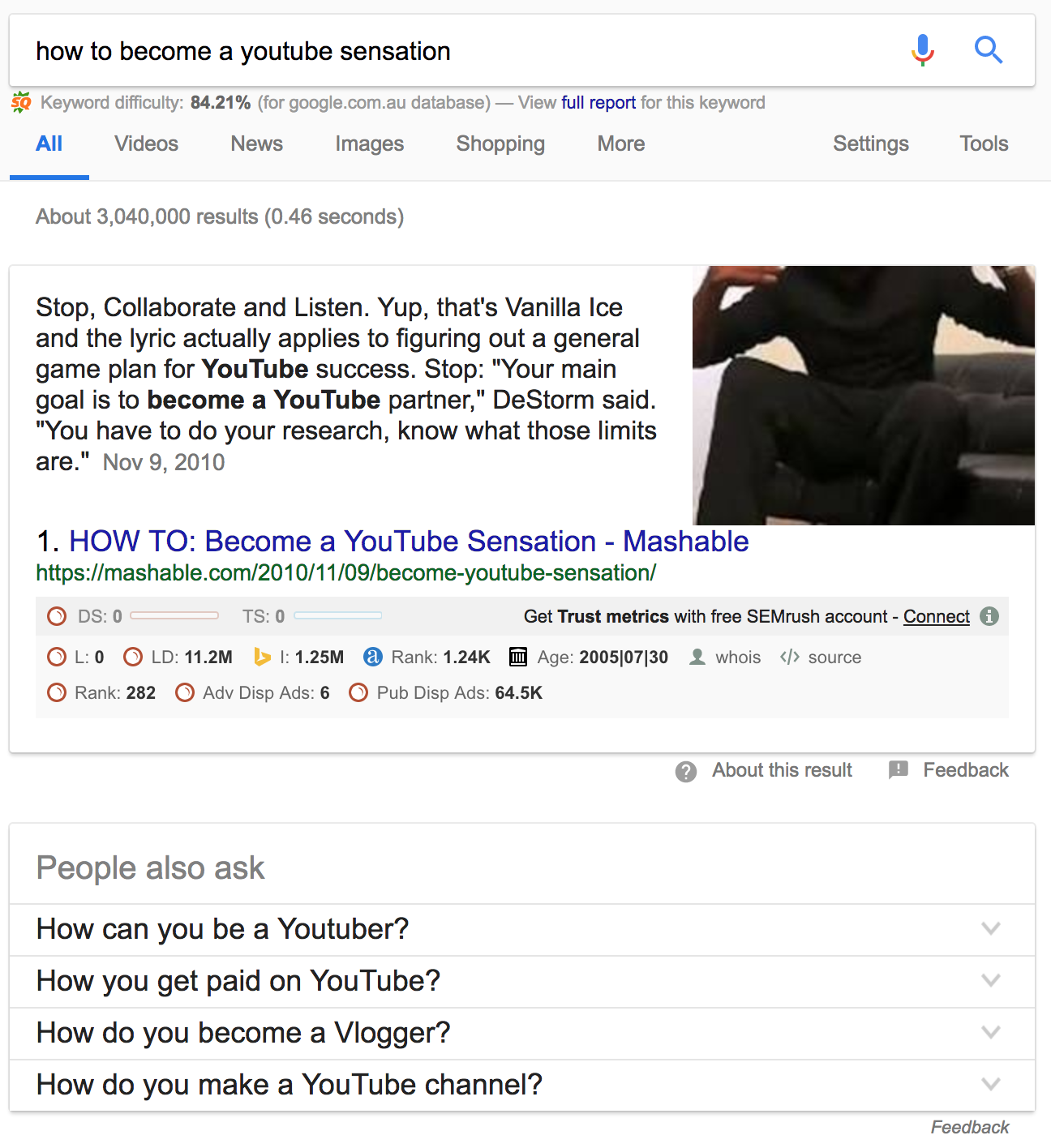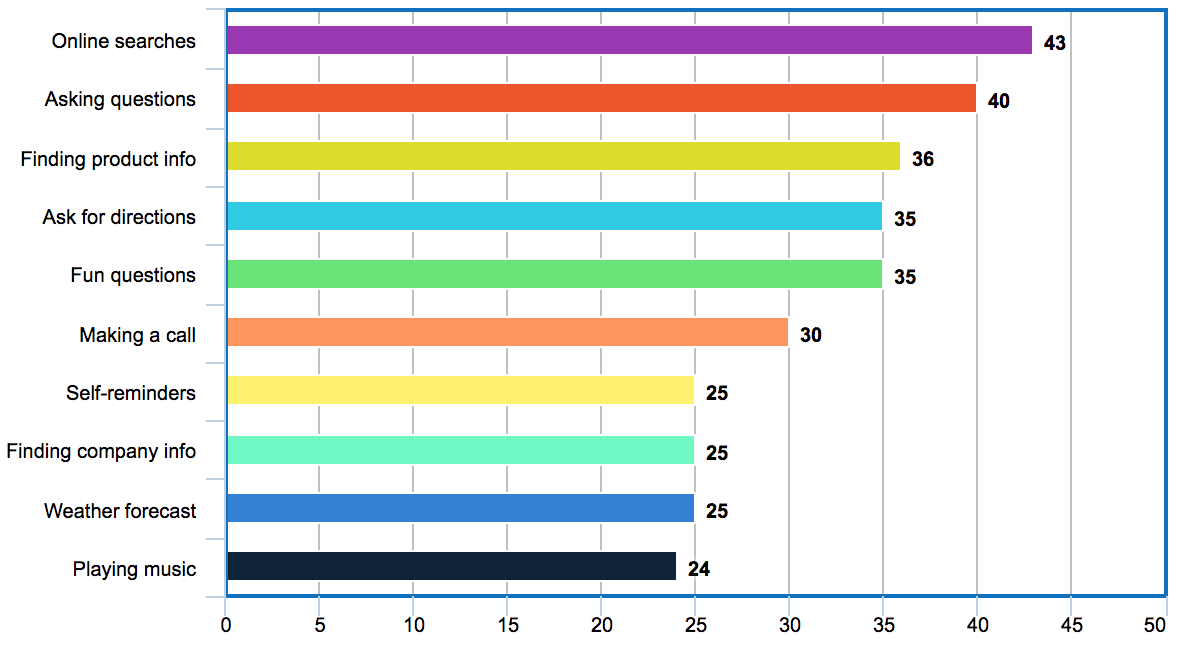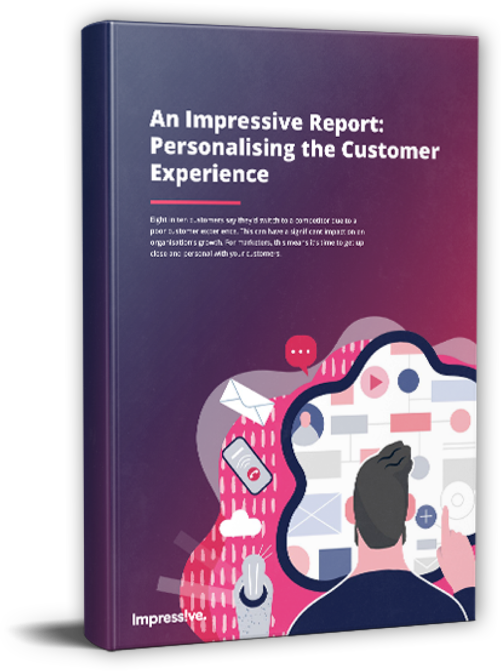“Okay Siri, where are the best Thai food restaurants in Melbourne?”
How many times have you asked your phone – your personal assistant – a question just like this one?
Probably way more often in recent months than you ever have before. 41% of people have only started using voice search in the last 6 months. Before Google voice search was rolled out in 2009, we had to conduct all our searches by typing.
What an effort! When we can speak 150 words per minute and only type around 40 words per minute, it’s no surprise that we’re beginning to rely more heavily on voice search for convenience and speed.
And we’re seeing nothing but prominent rises in voice-activated search on our devices. Those that don’t use their personal assistant regularly now are likely to join the club soon.
As a business owner, this should get you thinking. Is your website optimised for voice search or are your SEO efforts still fully based around written search queries?
Here are a few reasons that show that voice search is not just a fad:
- Users want increasingly more instant results, and voice search allows this; bringing up results pages 52% faster than other types of searches
- Back in 2016, Cortana already had over 100 million monthly users
- Technology is becoming more sophisticated and voice recognition programmes can now learn not just words, but accents and speaking patterns too
- Most users would rather get answers in their search results, instead of travelling to your website
- In 2015, voice search leapt from zero all the way to 50 billion searches a month. And it just keeps growing
Prepare your Website for Voice Search
Businesses in Melbourne, Sydney and the rest of Australia should no longer bank on SEO for written searches only. It’s time to listen to what your customers are saying, literally.
This search trend ties largely into Google’s 2013 Hummingbird algorithm. We’re considering user intent more than keyword stuffing for crawl bots and this calls for a refined strategy. In other words, a user’s natural language and the contextual meaning of queries take priority.
If you’re thinking of incorporating spoken searches into your SEO strategy (and you really should be) here are some tactics that will help.
Think about the characteristics of conversations
Users conduct queries differently on smart phones vs computers. On smartphones, they have a quick conversation with a virtual assistant. On computers, they type short phrases to save physical effort.
While we’re used to responding to those short “computer speak” phrases, we need to change that up. So, while some users might tap into a laptop the term “SEO Melbourne Sydney”, others might ask their mobile PA “What is the best SEO agency in Melbourne or Sydney?”
Spoken searches tend to be longer and are likely to contain questions. You have to pick up on natural speech patterns, especially as voice recognition is growing more sophisticated and better at picking up speech quirks and colloquialisms.
Gathering the data needed to accommodate your website copy to these characteristics is difficult. Most keyword research tools can still only find written search phrases.
So, it’s down to you to think about how people are likely to speak about your business and consider the information they might want to know about your products and services. If you’re struggling to get started, try a useful tool called Answer the Public.
In the past, I used this tool to discover ideas for blog headlines. Now, I can use it to see how people are talking about our industry and it’s an awesome jumping-off board. (Don’t be deterred by the angry, impatient-looking animated man on the home screen – he’s really quite helpful!)
 Results for a “digital marketing” search on Answer The Public
Results for a “digital marketing” search on Answer The Public
You can extract clues about a user’s current state by the types of questions they use. Anything that begins with “what” or “who” indicates that a user is still in the research phase. If they’re asking “where” or “when”, they could be ready to buy.
For now, we have to use common sense and intuition to craft the questions we think our customers are using. For now.
Google has hinted that voice search reporting is coming to analytics reports soon, so watch this space.
Don’t neglect local information
Lots of people use voice search queries on-the-go. 22% of all voice queries are used for finding out local information, according to The Internet Trends Report 2016.
Searches that contain the phrase “near me” have grown over 130% year on year. This comes as no surprise. If you wanted to rush out for a quick haircut on your lunch break, you’re likely to ask Google for local information on “barber shops near me” via your smartphone.
Half of local mobile searches lead to a store visit by consumers within just one day. So, make sure you’re making local SEO part of your strategy by implementing the following:
- Ensure your website contains local information, like your city, address and opening hours
- Keep your business listing updated. The “Local Pack” is the local search results that are grouped together near the top of a results page. By including the relevant information, you can fight for a spot there
- Optimise your search engine snippets so customers don’t have to try too hard to seek out information
- Optimise all landing pages with local keyword data
- Some experts recommend including the actual phrase “near me” in your title tags and meta-descriptions. We think this looks a little spammy, but that’s down to personal choice and some experimentation might be a good idea
- Get your Google My Business listing in order and up-to-date
Give users the results they want, immediately
Most people perform voice queries with the intention of getting an instant answer to their question. The majority of the time, they don’t even want to visit your website to access the information they need.
Upon searching for a local business, they want to know your open hours, customer reviews and how far away you are from their own location. Google knows this, so it shows up the relevant facts about businesses for each local search.
The majority of spoken searches are made in a hunt for general information or just fun and entertainment. Again, users want this straight away. You should be able to provide those answers and they should appear in a featured snippet in search results.
There’s no way to guarantee you’ll be featured as a snippet, but there are ways to improve your chances:
- Provide a clear answer to common questions. It’s a good idea to precede your answer with the actual question, so Google can more easily pick up what your content focuses on
- Optimise your website, because it’s mostly high-ranking pages that make it as a featured snippet. It’s possible to end up as a featured snippet if you’re not on page 1 but still – optimise your website!
- Answer questions well and in an interesting way. Use images and graphs, bullet points and easy-to-follow steps that a beginner to your industry could understand. Basically, answer the question better than your competitors do

Use microdata
Not all content has to be created for your audience.
Let me explain …
There’s a covert strategy that counts towards your site’s relevance and page ranking. It’s known as structured data, or metadata. Essentially, it goes into your site’s source code to help search engines organise your content.
This can, for example, signify the location of your contact details, which then appear clearly on SERPs. Voice searchers can get access to information they deem important instantly, thanks to this mark-up.
Implementing these changes can lead to some issues, like dropping in rankings when they’re not done properly. Get an expert on the case to make sure you see benefits, rather than penalties, with structured data.
Optimise for mobile
You already know your site needs to be mobile-friendly, but this becomes even more important for voice search, which mostly happens on mobile devices.
If you’re not sure about how well your site fares on mobile, try Google’s Mobile-Friendly Test. This will talk you through any issues you have on your page, like loading issues, and tell you if it’s easy-to-use on a mobile device.
Unless you pass this test, you can’t rank in mobile search.
Be sure that it loads fast, too. You can use Web Page Test to determine the elements that are slowing down your load time. Avoid Flash and compress images to help reduce loading time.
Finally, make sure your content is laid out in the most optimal way. People hate to read chunky paragraphs. Most would rather skim-read content and use headings as orientation. So, make sure your headings are clear and accurate to the content below them, so users can find their way around your page quickly and easily.
Long-tail keywords are key
20% of mobile queries are voice searches, which tend to use long-tail keywords and not the short-tail style that are becoming archaic in today’s landscape.
Long-tail keywords are more specific, and you have a better chance of ranking for them because there’s less competition out there. They involve proper phrases, rather than a short string of words that are linked together in a nonsensical way.
Use the tool Rank Tracker to help you compose some long-tail keywords that people could be searching for, using their voice.
Google divides the goal of voice searches into 4 categories. Usually, those using voice search need some urgent answers. These “micro-moments” are:
- “I want to know…” – users are in the research stage and want information, but no hard sells
- “I want to go…” – users are looking for a local business near their location
- “I want to do…” – users are searching for information about how to do something. This can occur before or after a purchase
- “I want to buy…” – users need information to seal the deal on something they’ve already decided they want
If you can be of assistance to users in all micro-moments or stages of a purchase, you could turn them into a customer.
What is Australia Using Voice Search For?
Siri gave back as good as she got, and we knew she meant business.
Now, we’re understanding this technology for the advanced intelligence that it is.
Here is a breakdown of the way that voice search users in Australia use the technology. The figures show % of regular voice users that carry out the following tasks:

As Google improves its algorithms and UX becomes smoother and smarter, we expect more users to make use of more possible functions of voice search.
The Bottom Line
The bottom line is – voice search is cool and it’s growing at an Impressive rate. We can’t predict the future, but we’re studying trends closely here, and we’re firm believers in this way of searching.
SEO for Sydney and Melbourne businesses is always changing, and the environment is fast-paced, challenging and competitive.
Don’t just keep up with your competition. Force them to keep up with you.
It’s easy to stay on top of the latest news and technology in the SEO and digital marketing domain for Melbourne, Sydney and the rest of Australia, when you follow Impressive’s blog.






